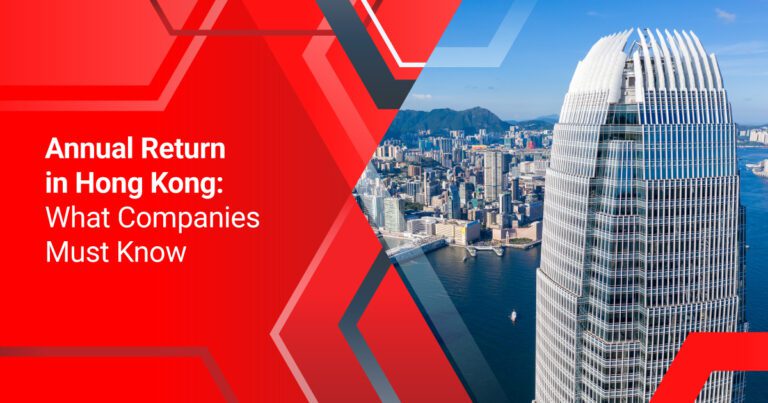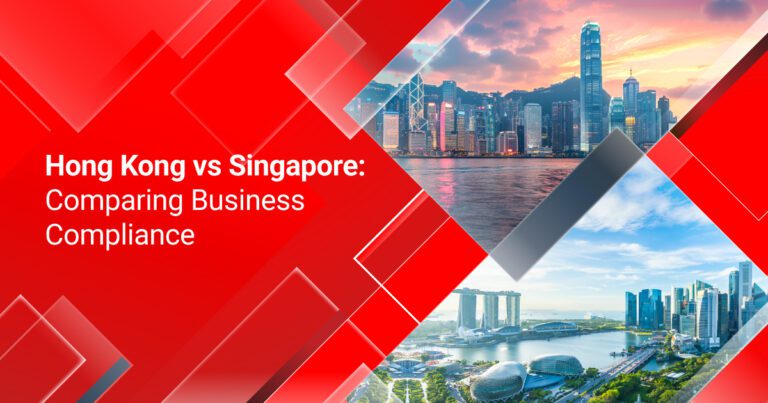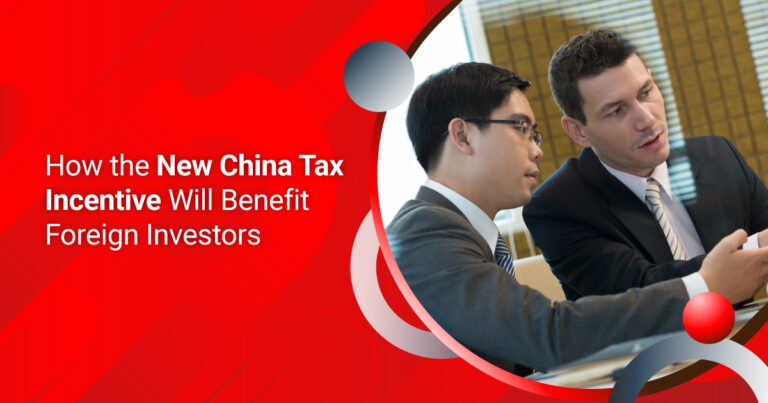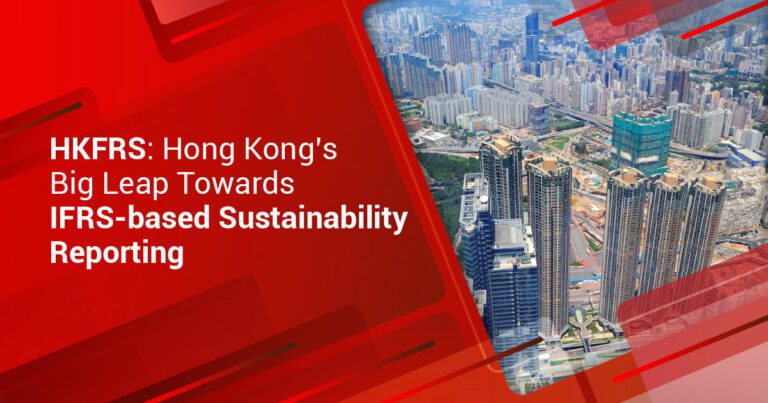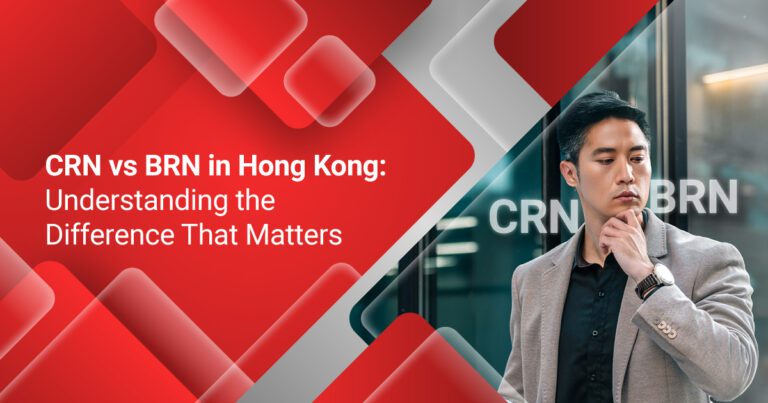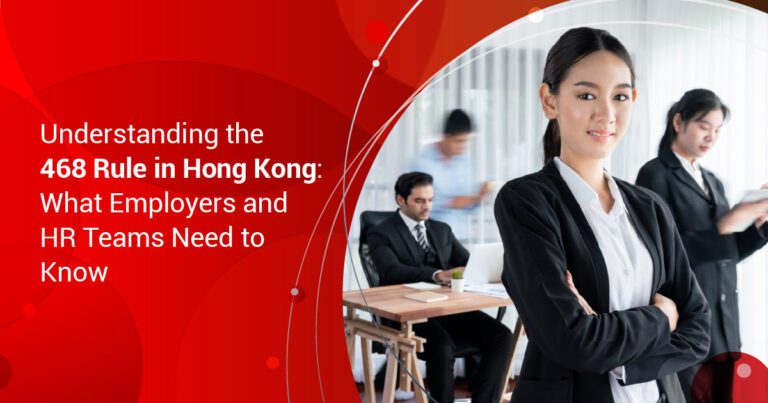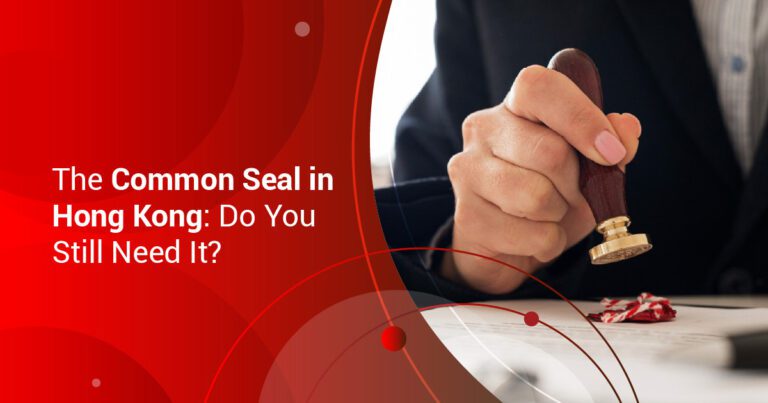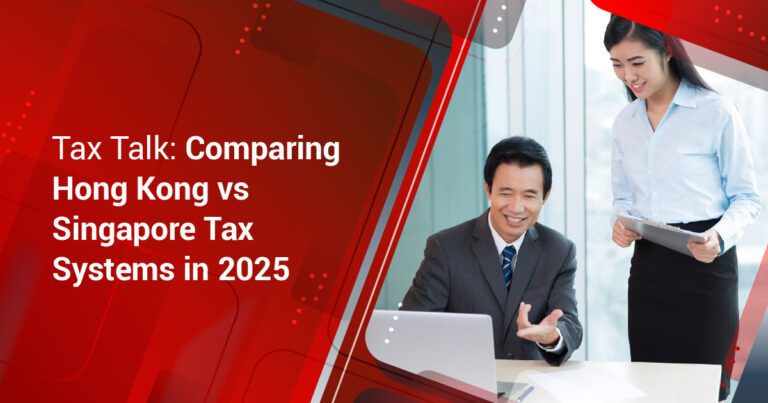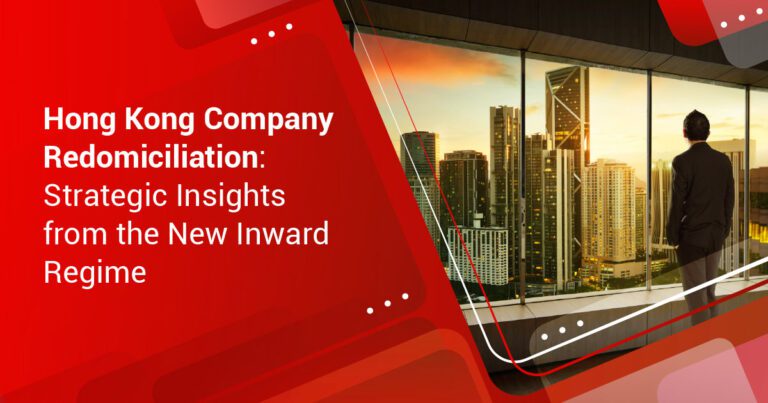Read our Blogs
Delve in detail into industry insights and information and gain valuable perspectives and understanding of the different sectors with our business blogs.
Hong Kong Jewellery Industry 2025: How Traders Can Stay Competitive and Compliant
The Hong Kong jewellery industry continues to evolve amid global trade shifts, new compliance regimes, and the rapid rise of lab-grown diamonds. This article explores the changing dynamics of 2025...Securities and Futures Commission (SFC) Licence in Hong Kong: A Complete Guide for Financial Firms and Professionals
Hong Kong remains one of Asia’s most dynamic financial centres, known for its transparent regulations and deep capital markets. At the core of its financial regulatory framework is the Securities...Annual Return in Hong Kong: What Companies Must Know
Every company in Hong Kong must file an Annual Return — a statutory requirement that ensures your company’s information on the public register remains accurate and up to date. Yet,...Hong Kong vs Singapore Business Compliance Guide for Investors
Where you set up your Asian investments could determine whether you spend months wrestling with bureaucratic hurdles or move smoothly from incorporation to operation in just weeks. More importantly, this...Common Hiring Challenges in Hong Kong and How to Overcome Them
Hong Kong’s position as Asia’s financial hub faces a serious challenge in 2025: a deepening talent crisis. Nearly all C-level and HR leaders (97%) report difficulties hiring the right people,...How the New China Tax Incentive Will Benefit Foreign Investors
China is now effectively paying foreign investors to stay and reinvest. Through Circular 2025 No. 2 ("Circular 2025-2") (a development of the original Circular Caishui [2018] No. 102 ("Circular 102")),...Hong Kong Chinese Medicine: A Hidden Champion in Global Trade
Hong Kong is best known for exporting electronics, jewellery, food, and clothing. Less visible but rapidly emerging is proprietary Chinese medicine (PCM), a hidden champion that recorded HK$2.88 billion in...Hong Kong E-Commerce Playbook: Turning ASEAN Insights into Wins
The ASEAN retail e-commerce sector is not just growing; it is accelerating into one of the most dynamic online marketplaces in the world. Across the six largest economies — Indonesia,...HKFRS: Hong Kong’s Big Leap Towards IFRS-based Sustainability Reporting
As countries around the world move towards transparency and accountability in sustainability reporting, IFRS Sustainability Disclosure Standards, namely IFRS S1 and S2, are gaining popularity. The IFRS sustainability standards are...How the Halal Food Industry in Hong Kong Can Access A US$1.9 Trillion Global Market
The Halal food industry in Hong Kong holds untapped potential. Globally, the Halal food market is forecast to reach US$1.89 trillion by 2027, up from US$1.4 trillion in 2022, with...CRN vs BRN in Hong Kong: Understanding the Difference That Matters
If you're setting up a business in Hong Kong, you will likely come across two important identifiers: the Company Registration Number (CRN) and the Business Registration Number (BRN). The distinction...Understanding the 468 Rule in Hong Kong: What Employers and HR Teams Need to Know
Starting 18 January 2026, a key amendment to the Employment Ordinance will take effect: the introduction of the 468 Rule in Hong Kong. This new rule replaces the long-standing 418...The Common Seal in Hong Kong: Do You Still Need It?
Despite changes in regulation, many businesses still ask whether a common seal in Hong Kong is necessary. This guide covers everything you need to know: what types of seals exist,...Top Investment Trends in Hong Kong for 2025: What Entrepreneurs Should Watch
Hong Kong is entering 2025 with renewed economic strength, forecasted to achieve real GDP growth between 2% and 3%. Despite global uncertainties, the city continues to solidify its position as...Tax Talk: Comparing Hong Kong vs Singapore Tax Systems in 2025
For decades, Hong Kong and Singapore have been locked in a tax rivalry that mirrors their broader contest for influence as Asia’s leading business hub. It’s a battle fought not...The Patent Box Regime in Hong Kong: A New Advantage for Healthcare Firms
As healthcare companies race to bring cutting-edge therapies, diagnostics, and digital platforms to market, the patent box regime in Hong Kong—offering a 5% concessionary profits tax rate on qualifying IP...MPF Offsetting Abolition in Hong Kong: What Employers Must Do to Prepare
The abolition of the Mandatory Provident Fund (MPF) offsetting arrangement, effective 1 May 2025, is a significant shift for Hong Kong employers. For decades, businesses have been allowed to offset...Hong Kong Company Redomiciliation: Strategic Insights from the New Inward Regime
As global markets evolve and cross-border flexibility becomes essential, Hong Kong is making a decisive move to strengthen its position as a premier international business hub. The draft of the...ESG Compliance in Hong Kong: Why Now Is the Best Time to Set Up Your Business
As global markets shift toward sustainable growth, ESG compliance in Hong Kong is fast becoming a strategic priority—not just for listed corporations, but for startups and multinationals entering the Asia-Pacific...- 1
- 2
- 3
- 4
- Next Page »



